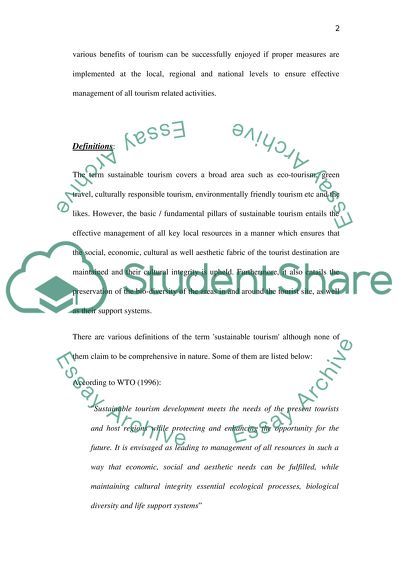Cite this document
(“Sustainable Tourism Essay Example | Topics and Well Written Essays - 2000 words”, n.d.)
Retrieved de https://studentshare.org/other/1390187-sustainable-tourism
Retrieved de https://studentshare.org/other/1390187-sustainable-tourism
(Sustainable Tourism Essay Example | Topics and Well Written Essays - 2000 Words)
https://studentshare.org/other/1390187-sustainable-tourism.
https://studentshare.org/other/1390187-sustainable-tourism.
“Sustainable Tourism Essay Example | Topics and Well Written Essays - 2000 Words”, n.d. https://studentshare.org/other/1390187-sustainable-tourism.


